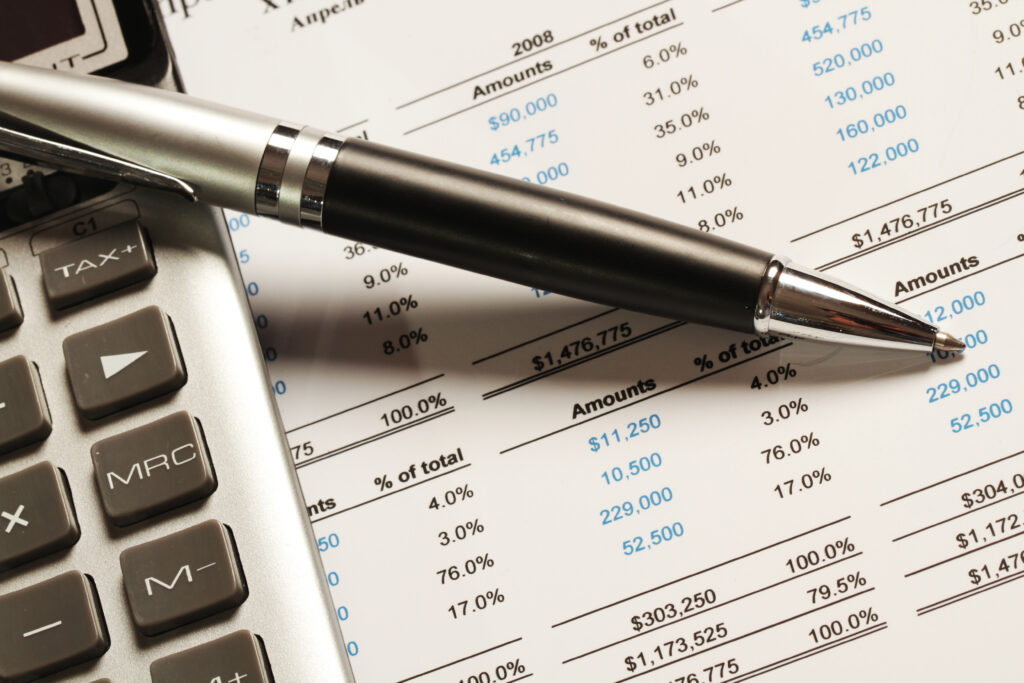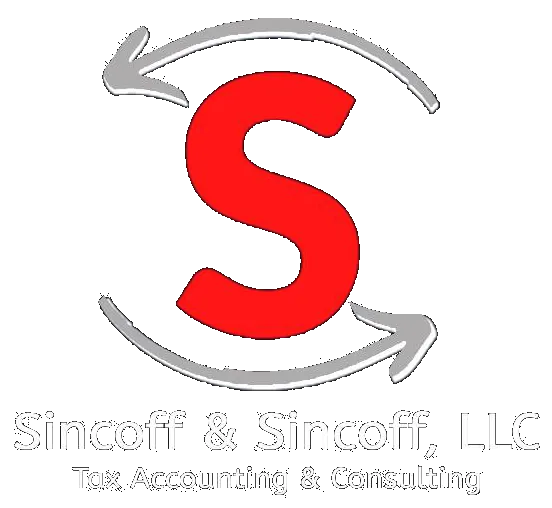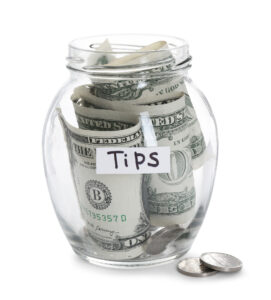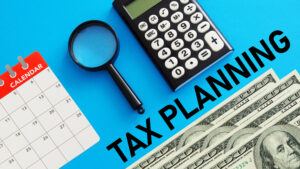When I started my small business two years ago, I thought I could handle all my finances with one simple system. Personal expenses, business expenses, all mixed together in the same spreadsheet. My accountant looked at my records and just shook her head. She said I was making things way harder than they needed to be.
Turns out personal and business accounting are completely different things. I learned this after spending weeks trying to sort through receipts and figure out what was what. My business partner went through the same thing when he started his landscaping company. He mixed everything together and ended up owing more in taxes because he couldn’t prove which expenses were actually for business.
Living in New Jersey makes this even more complicated. We have state taxes, local taxes, property taxes that change by county. If you’re running a business here, you really need to keep things separate from day one. I wish someone had told me this before I made such a mess of everything.

Personal vs Business Accounting In NJ
Personal Money Stuff
Managing personal finances in New Jersey isn’t just about paying bills and balancing your checkbook. We pay some of the highest property taxes in the country, plus state income tax, plus all the regular stuff everyone else pays. Keeping track of all this throughout the year saves you money when tax time comes around.
I use basic software now that connects to my bank account and sorts things automatically. Way easier than the notebook system I used to use. It tracks my mortgage interest, property taxes, medical bills, donations to church, all that stuff. When my accountant needs information, I can just print out reports instead of digging through piles of paper.
The property tax thing is huge here. My neighbor pays twice what I pay because he’s in a different school district. I keep all my property tax bills and payment records because they add up to a big deduction. Plus if you ever want to appeal your assessment, you need all that paperwork anyway.
My retirement planning got easier too once I started tracking everything properly. I can see exactly how much I’m putting into my 401k and IRA, which helps me plan better. My financial advisor likes having organized information instead of me trying to remember what I contributed last year.
New Jersey Tax Stuff
New Jersey taxes are confusing. The rates change based on how much you make, and there are specific deductions you can only get if you keep good records. I pay estimated taxes quarterly now, and I need to track those payments carefully or I lose track of what I’ve already paid.
Property taxes are the big one for most people. I keep every tax bill, every payment confirmation, every letter from the tax assessor. These records helped me when my assessment went up and I wanted to challenge it. Having everything organized made the whole process much less stressful.
Business Money Management
Business accounting is a whole different animal. From the minute you register your business in New Jersey, you’re dealing with quarterly filings, payroll taxes if you have employees, sales tax if you sell products. It’s a lot to keep track of.
My business software is more complicated than my personal stuff, but it has to be. I need to track when I earned money versus when I actually got paid. I need categories for different types of expenses. Office supplies, equipment, client meals, professional development – everything gets its own category because they all get treated differently for taxes.
New Jersey has business taxes that other states don’t have. Corporate business tax, gross receipts tax for some businesses, local business taxes depending on where you are. Each one has different deadlines and different forms. I learned to keep separate files for each tax so I don’t get confused at year-end.
My accountant explained that mixing business and personal money can get you in trouble with the IRS and the state. If they audit you and can’t tell what’s business versus personal, they might disallow your business deductions. That could cost way more than just keeping things separate in the first place.
Planning and Cash Flow
Having separate business records helps me understand how my business is actually doing. I can see which services make the most money, which months are slow, when I need to save up for big expenses. This information helps me make better decisions about hiring people, buying equipment, expanding services.
Keeping business money separate also protects my personal stuff if something goes wrong with the business. My lawyer explained this when I set up my LLC. If business and personal money get mixed up, creditors might be able to go after my house or personal savings.
Why This Matters in New Jersey
New Jersey is pretty strict about business record keeping. If they audit you, they want to see clear separation between business and personal expenses. My accountant told me about clients who got in trouble because their records were too mixed up to prove what was legitimate business expense.
Having separate systems makes tax time so much easier. Instead of spending months sorting through everything, my accountant can just look at my business reports and know exactly what’s deductible. Same with my personal taxes – everything is already categorized and ready to go.
I can also see how my business affects my overall financial picture. How much salary should I pay myself? How much should I reinvest in the business? When I have clean records, these decisions are much easier to make.
Setting Up Systems
You don’t need anything fancy to keep things separate. I use QuickBooks for business and Mint for personal stuff. Both connect to my bank accounts and do most of the work automatically. The key is having different bank accounts for business and personal from the very beginning.
I spend about an hour each month reviewing everything, making sure transactions are categorized right, checking that nothing got missed. Much easier than trying to figure everything out once a year.
Getting professional help is worth it, especially for business taxes. My accountant knows New Jersey rules inside and out. She catches deductions I would miss and makes sure I’m not making mistakes that could cause problems later. The money I pay her saves me way more in the long run.
The bottom line is that proper accounting isn’t just about following rules – it makes your life easier and saves you money. Taking time to set things up right from the start prevents headaches later and gives you better information to make good financial decisions.





